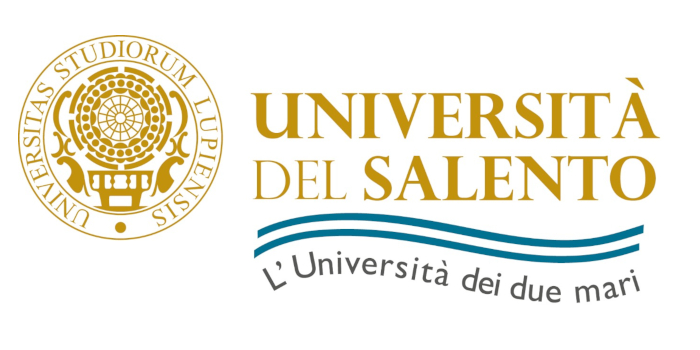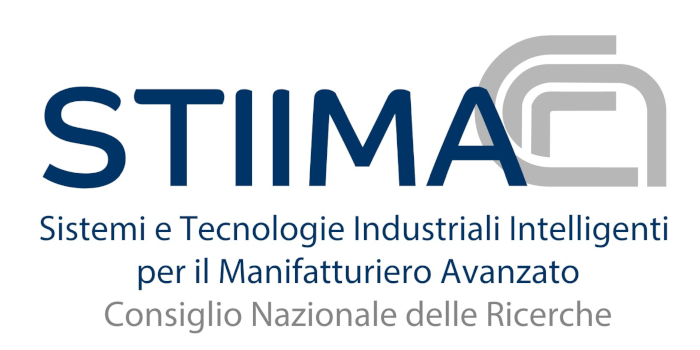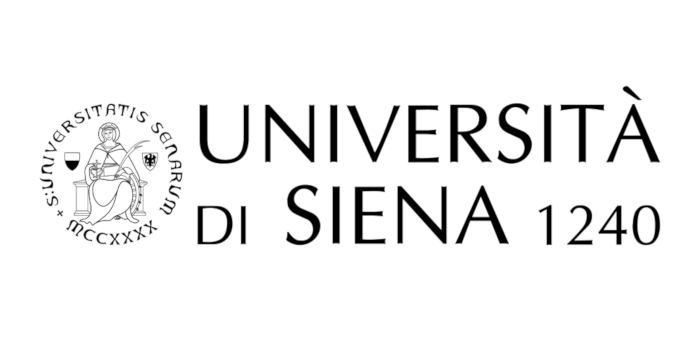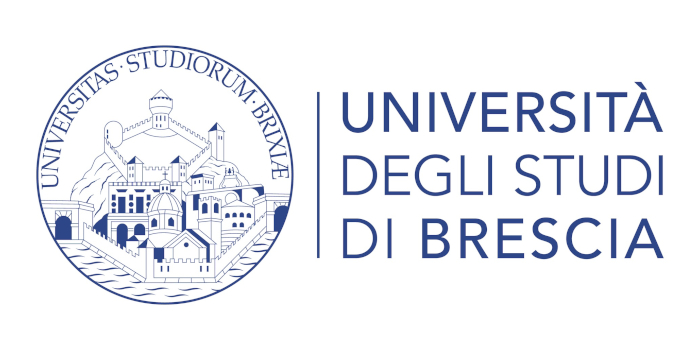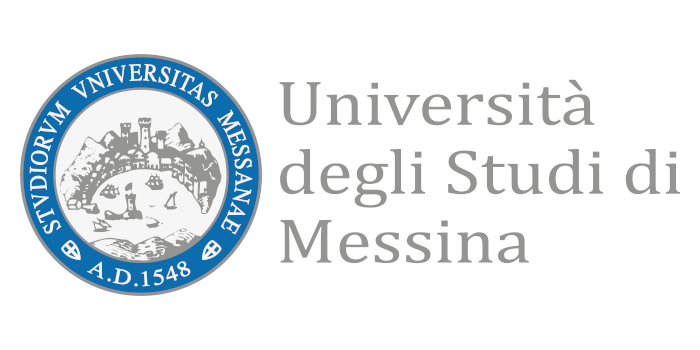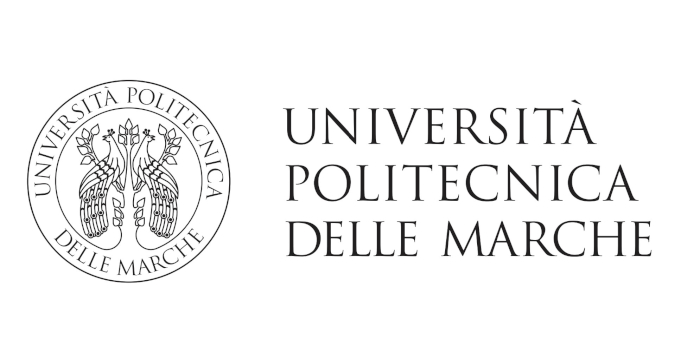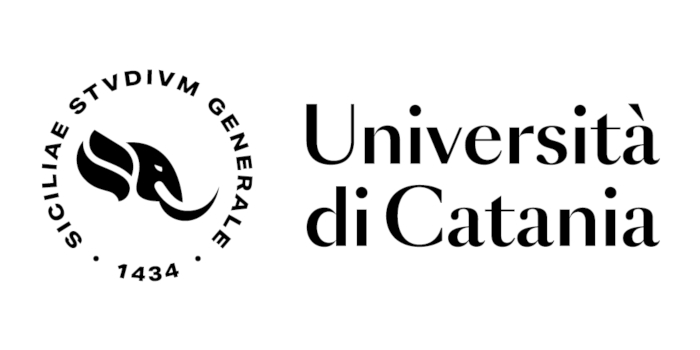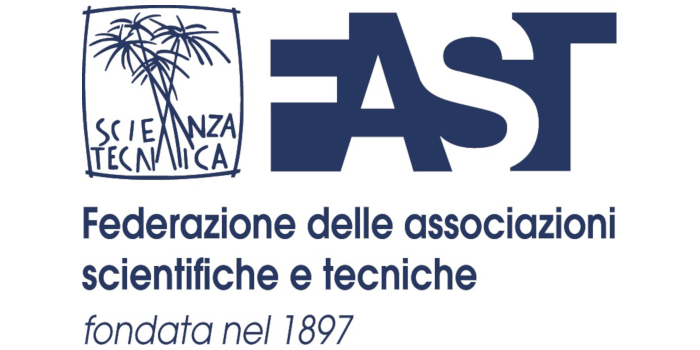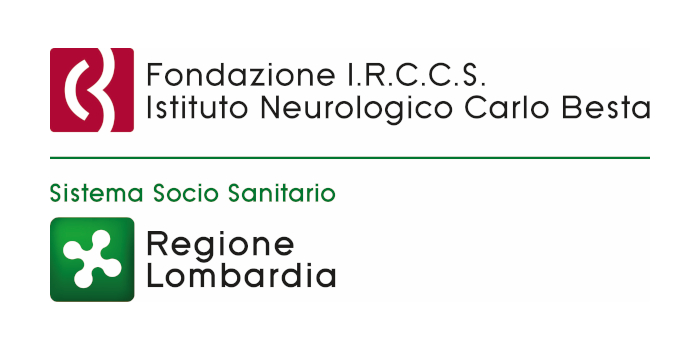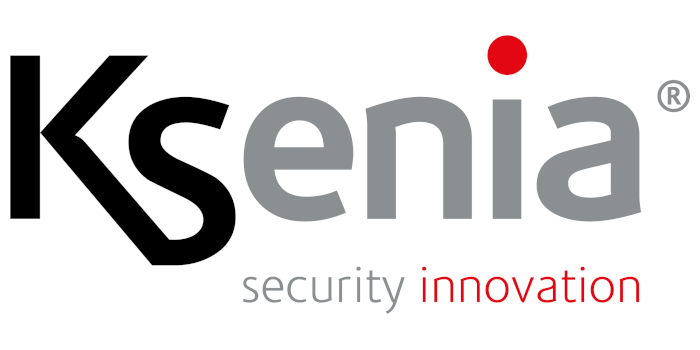Special Issue on
eXtended Reality and Artificial Intelligence in Medicine and Rehabilitation
eXtended Reality (XR) interfaces can be realized through Virtual Reality (VR), where the operator is immersed in a 3D digital world, Augmented Reality (AR), where an operator’s perception of the real world is enhanced through the superimposition of virtual objects and information, and Mixed Reality (MR), that not just overlays but anchors virtual objects to the real world.
In particular, Augmented reality (AR) can act as a useful guidance tool especially in minimally invasive surgery, where it provides an “X-ray vision” of the patient anatomy: by superimposing virtual organ reconstructions on the patient's body, it is able to compensate for the lack of visibility of internal anatomical structures that makes such operations more difficult than those performed in open surgery. In addition, by providing real-time visual and auditory feedback and various other contextually relevant indications, it is able to keep the surgeon's attention alert and thus significantly reduce the possibility of errors.
Furthermore, all three declinations of extended reality can be used to develop applications for pre-operative planning or for training and education of surgeons in the form of serious games.
The development of Artificial Intelligence (AI), along with its subcategories, has led to significant success in various domains, including advanced image processing and pattern detection, signal processing/recognition and its applications. Decisions made in the clinical practice using AI can provide a basis for justifying decisions, tracking and verifying them, further improving algorithms and, more importantly, exploring new clinical facts in real-time.
The aim of this special issue is to attract researchers to submit original papers, critical reviews of the state of art, analysis of case studies and rigorous studies and mature research, and future research trends that contain the combinations of XR with AI in medicine, surgery, and rehabilitation.
This special issue aims to foster the dissemination of high quality research with new methods, models, theories and practice in order to solve the challenging problems which are related to eXtended Reality and Artificial Intelligence in Medicine and Rehabilitation. Original research articles are solicited which include (but not limited to), the following topics:
- Virtual Reality, Augmented Reality, and Mixed reality in healthcare
- Artificial Intelligence in healthcare
- Serious games in rehabilitations
- Combination of XR and AI for rehabilitation purpose
- Value added real-time applications
- Virtual Reality, Augmented Reality and Artificial Intelligence in special education
- Digital Twin
- Bio and neuro-adaptive eXtended Reality
FORM OF SUBMISSION
This special issue will consist of: (1) the best submissions from an open call for papers selected on a competitive basis; and (2) invited submissions that are extended or modified versions of selected papers accepted at the International Conference on eXtended Reality (XR Salento 2023, https://xrsalento.it/, September 6-9, 2023) or at the IEEE International Conference on Metrology for eXtended Reality, Artificial Intelligence and Neural Engineering (IEEE MetroXRAINE 2023, https://metroxraine.org/, October 25-27, 2023). In the latter case, the submission will be a substantial revision of the conference publication, and the authors will be required to submit a letter detailing the difference between the conference paper and the new version.
Submitted manuscripts should not have been published previously, nor be under consideration for publication elsewhere (except conference proceedings papers). Conference papers should be cited and noted on the paper. Please note that submitted extended papers should contain at least 40% new content (e.g., in the form of technical extensions, more in-depth evaluations, or additional use cases) and not exceed 30% copy/paste from the conference paper. Every submission will be evaluated by at least two independent reviewers, using the review process and standards of the Information Systems Frontiers journal for regular submissions. The Editor-in-Chief, along with the guest editors, will make the final decision to accept or reject a submission, based on the reviews.
SUBMISSION INSTRUCTION
Manuscripts must be submitted in PDF format to the ISF-Springer online submission system at https://www.editorialmanager.com/isfi and the authors need to select "Special Issue: eXtended Reality and Artificial Intelligence in Medicine and Rehabilitation" during the submission process. Paper submissions must conform to the format guidelines of Information Systems Frontiers available at https://www.springer.com/journal/10796/submission-guidelines.
IMPORTANT DATES
Submission deadline: December 31, 2023
GUEST EDITORS
Prof. Tomas Krilavičius, Department of Applied Informatics, Vytautas Magnus University, Kaunas, Lithuania
Prof. Lucio Tommaso De Paolis, Department of Engineering for Innovation, University of Salento, Lecce, Italy
Dr. Valerio De Luca, Department of Engineering for Innovation, University of Salento, Lecce, Italy
Dr. Josef Spjut, NVIDIA
GUEST EDITORS BIOGRAPHIES
Prof. Tomas Krilavičius is head of Applied Informatics department at Vytautas Magnus University (Kaunas, Lithuania) and chief scientist at Baltic Institute of Advanced Technology. He received his PhD at University of Twente (The Netherlands) at 2006. His main research interests are applications of Artificial Intelligence and Natural Language Processing, large scientific infrastructures. He is a member of NATO STO IST panel and several workgroups. He has participated and led many local and international research and applied research project.
Research interests: Artificial Intelligence.
Prof. Lucio Tommaso De Paolis is an Associate Professor at the University of Salento and the Head of the Augmented and Virtual Reality Laboratory (AVR Lab). His research interest concerns the study of the design and development of applications of Virtual and Augmented Reality and Human-Computer Interaction in medicine and surgery, cultural heritage and education. He teaches “Applications of Virtual and Augmented Reality” and is the organizer of the annual International Conference on eXtended Reality (XR SALENTO – http://www.xrsalento.it/).
Research interests: eXtended Reality technologies in medicine, education, and cultural heritage; development of human-computer interfaces.
Dr. Valerio De Luca is an Assistant Professor at the Department of Engineering for Innovation at the University of Salento, Italy. His past research interests include grid computing, distributed systems for real-time audio-video streaming and QoE. Since 2015, he works with the Augmented and Virtual Reality Laboratory (AVR Lab), where he is involved in projects on human-computer interaction and extended reality for medicine, education, cultural heritage. He recently worked also on GPU computing, with application to optimal UAV path planning, and on augmented reality for improvement of situation awareness in UAV remote control. Since 2022, he has been working on an extended reality project for preoperative planning and intraoperative support in orthopaedic surgery.
Research interests: eXtended Reality technologies in medicine, education, and cultural heritage; development of human-computer interfaces.
Dr. Josef Spjut is a Senior Research Scientist at NVIDIA working on human-computer experiences, such as esports and augmented reality. His research contributed to the ray tracing hardware in the Turing architecture (RTX 20 series) and the NVIDIA Reflex esports platform launched alongside Ampere (RTX 30 series). Previously he was a Visiting Assistant Professor in the department of Engineering at Harvey Mudd College. He received a Ph.D. from the University of Utah and a B.S. from University of California, Riverside, both in Computer Engineering.
Research interests: Virtual and augmented reality, human-computer interfaces, computer graphics, esports.





